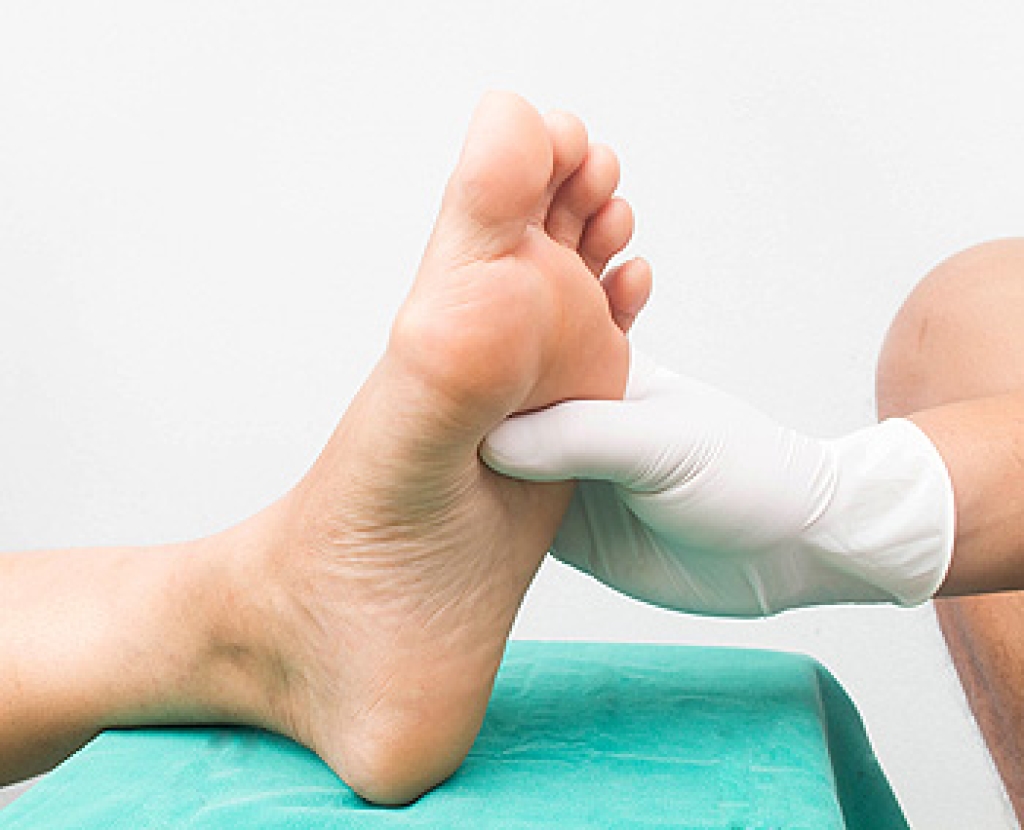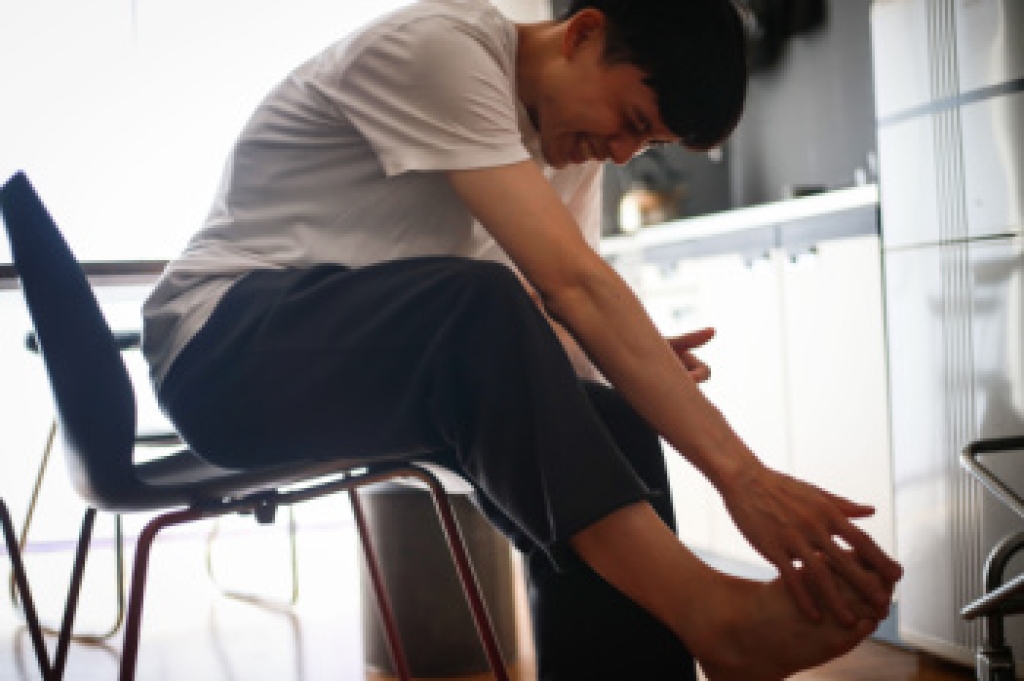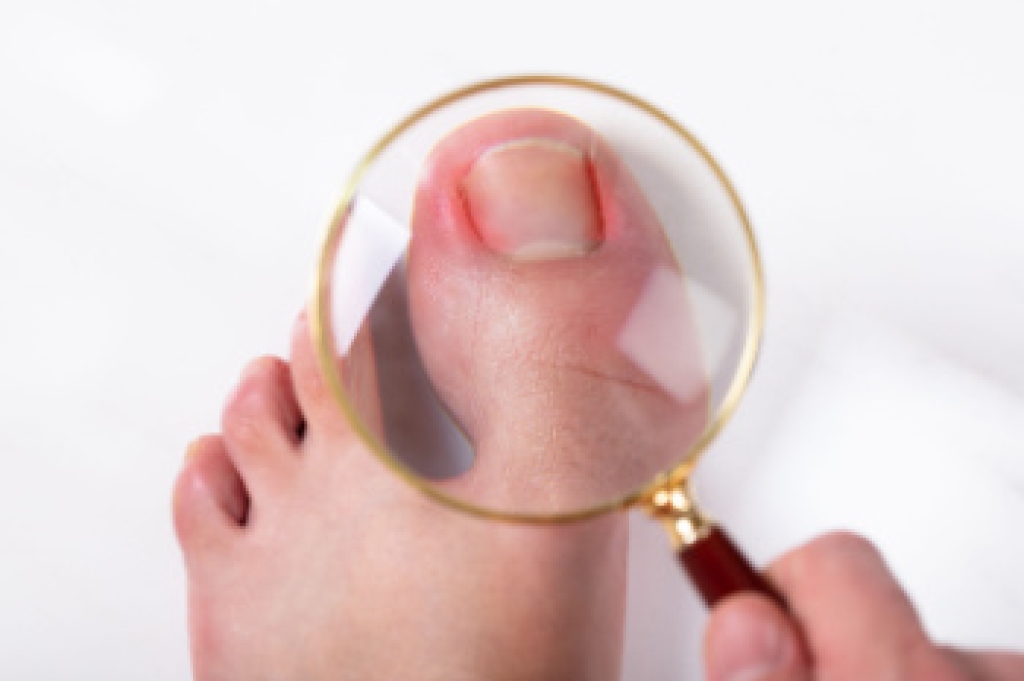
Diabetes, a chronic metabolic disorder, manifests through various subtle yet significant symptoms that warrant attention. Excessive thirst, a hallmark sign, results from the body's attempt to flush out excess sugar through increased urine production. Frequent urination, often accompanied by an unquenchable thirst, signifies that the kidneys are working overtime to eliminate surplus glucose. Persistent fatigue, even when there is adequate rest, can be attributed to the body's struggle to utilize glucose efficiently for energy. Unexplained weight loss may occur as the cells starve due to insufficient glucose absorption. Elevated hunger levels, paradoxically, can coexist with weight loss, as the body craves more energy in the absence of efficient glucose utilization. The skin on the feet may become dry as a result of having diabetes, and foot wounds that heal slowly may be indicative of compromised immune function, also associated with diabetes. If you have diabetes, it is strongly suggested that you visit a podiatrist who can perform routine foot exams and offer effective treatment options.
Diabetic foot care is important in preventing foot ailments such as ulcers. If you are suffering from diabetes or have any other concerns about your feet, contact one of our providers from Advanced Foot & Ankle Care Centers. Our providers can provide the care you need to keep you pain-free and on your feet.
Diabetic Foot Care
Diabetes affects millions of people every year. The condition can damage blood vessels in many parts of the body, especially the feet. Because of this, taking care of your feet is essential if you have diabetes, and having a podiatrist help monitor your foot health is highly recommended.
The Importance of Caring for Your Feet
- Routinely inspect your feet for bruises or sores.
- Wear socks that fit your feet comfortably.
- Wear comfortable shoes that provide adequate support.
Patients with diabetes should have their doctor monitor their blood levels, as blood sugar levels play such a huge role in diabetic care. Monitoring these levels on a regular basis is highly advised.
It is always best to inform your healthcare professional of any concerns you may have regarding your feet, especially for diabetic patients. Early treatment and routine foot examinations are keys to maintaining proper health, especially because severe complications can arise if proper treatment is not applied.
If you have any questions, please feel free to contact our offices located in Nashville, Smyrna, Spring Hill, Columbia, Dickson, Fairview, Hohenwald, TN and Midtown, TN . We offer the newest diagnostic and treatment technologies for all your foot care needs.






